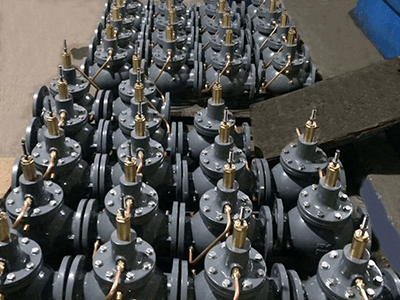Speed motors, also known as high-speed motors, are specialized devices designed to operate at elevated speeds while delivering optimal performance and efficiency. These motors are essential in various applications, from industrial machinery to consumer electronics. In this article, we will explore the key aspects of speed motors, including their functionality, advantages, and applications. Additionally, we will discuss their relevance in industries utilizing geomembranes, such as construction and environmental protection.
What are speed motors, and how do they work?
Speed motors are electric motors that are engineered to achieve higher rotational speeds than standard motors. They function by converting electrical energy into mechanical energy, utilizing electromagnetic principles. The primary components include a stator, rotor, and power supply. By adjusting the input voltage and frequency, speed motors can efficiently regulate their speed, enabling precise control in various applications.

What are the advantages of using speed motors?
Speed motors offer several advantages:
- Increased Efficiency: They can operate at higher speeds, leading to reduced cycle times and enhanced productivity.
- Space-Saving Design: Their compact size allows for more efficient use of space in machinery and equipment.
- Reduced Energy Consumption: With improved efficiency, speed motors can lower energy costs, making them environmentally friendly.
- Versatile Applications: They can be used in various industries, including automotive, manufacturing, and HVAC systems.
In what industries are speed motors commonly used?
Speed motors find applications in various industries, including:
- Manufacturing: They drive conveyor belts, pumps, and other machinery, enhancing production efficiency.
- Aerospace: Used in actuators and flight control systems, speed motors ensure precise movements.
- Automotive: They power electric vehicles and hybrid systems, contributing to improved performance and energy savings.
- Environmental Protection: In industries utilizing geomembranes, speed motors are crucial for operating pumps and filtration systems that manage water and waste treatment processes.
How do speed motors relate to geomembrane applications?
Geomembranes are synthetic membranes used in various environmental applications, such as waste containment and water management. Speed motors play a vital role in operating the equipment that deploys, maintains, and monitors these geomembranes. For instance, they can drive pumps that help manage groundwater levels in landfill sites or control water flow in agricultural applications. By ensuring efficient operation, speed motors enhance the effectiveness of geomembrane systems in protecting the environment.
Speed motors are essential components in modern technology, offering enhanced performance, efficiency, and versatility across various industries. Their ability to operate at higher speeds makes them invaluable in applications ranging from manufacturing to environmental protection, particularly in systems that utilize geomembranes. As industries continue to seek innovative solutions for efficiency and sustainability, speed motors will undoubtedly play a crucial role in shaping the future of technology and environmental management.
